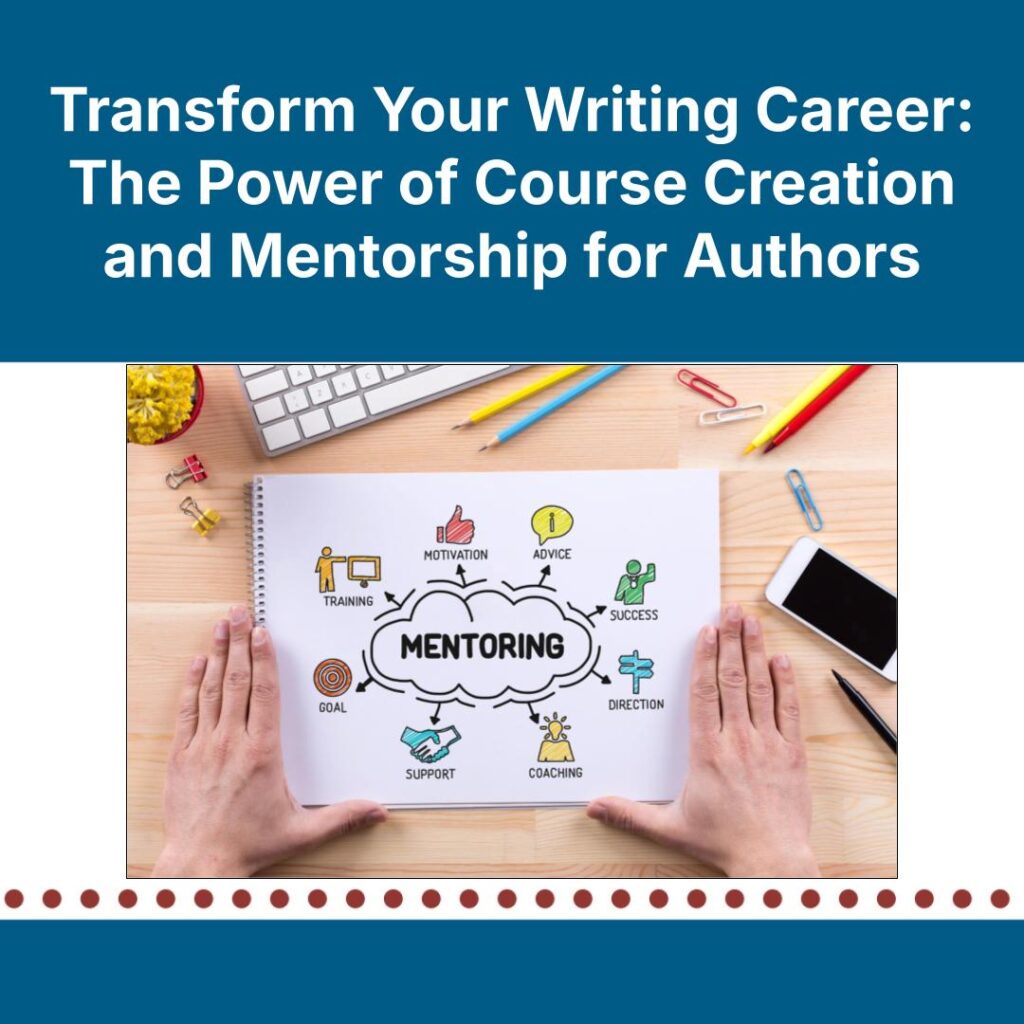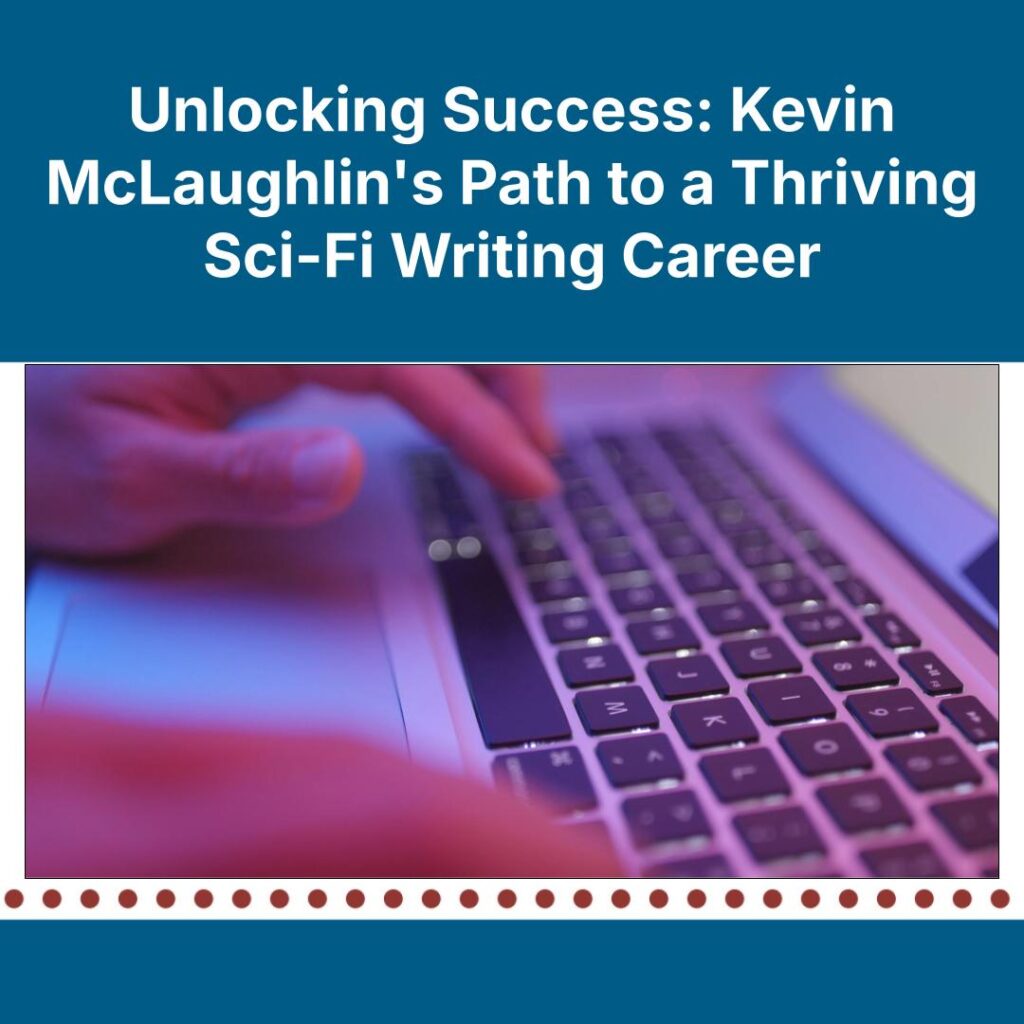
What is collaboration?
When two authors love each other very much… Okay, they don’t have to love each other but the best collaborations do emerge from professional relationships based on trust, respect, and reliability.
Author collaboration has many faces. Whichever method of collaboration you are considering, the important thing to remember is that this is a business relationship. Anyone going into it should have frank discussions about what their expectations are. If you discover halfway through that your collaborator has conflicting expectations, it could wind up being a huge waste of time. Whichever way you plan to distribute the workload and publish the work, you need to be sure you have a contract.
Types of Partnerships
Partnerships can be 50/50, 70/30, sliced-and-diced however the parties feel most comfortable.
Jon and James Evans (The Royal Marine Space Commandos series) are brothers. They meet to outline and plot, then write alternate chapters before editing each other’s work. Jon explained, “We collaborate well, because we are not combative brothers—I don't think it would work well if you had a sibling you argue with all the time.”
Tech Challenges
He continued that having two authors working on the same manuscript has its challenges. “Anything we use has to be good for two people working on a document in such a way there is never a conflict. Google Docs is good for that.” Jon advises nailing down the tech and tools early. “It's worth working out where all your information, documents, and worldbuilding stuff is going to be stored and how. I'd encourage anyone setting up a collaboration to go over all that.”
Division of Labor
Both parties writing is only one way to divide the work. There are other methods, such as one writes/one edits, or, one plots/one writes. A model which isn’t considered often is when one person writes the books and the other markets them. In this scenario, thought must be given to the value of each partner’s time. It might take six months to write the book but the marketing will be ongoing. What if the book doesn’t sell? It’s easy to come away from a collaboration feeling burned.
Senior/junior relationships are popular with big name authors like James Patterson. They’ll take on an upcoming author, giving them greater exposure, and enhancing their career. While they, themselves, have the opportunity to build their back catalog.
For the “senior partner” who is not interested in mentoring, a work-for-hire collaboration is another way to build a catalog quickly. In this collaboration, the one author pays another a fixed fee for writing a book. They assume the risk—if the book flops, the writer gets paid regardless—but also the rewards—all the royalties, should the book be a success. From the writer’s perspective, not every author wants to see their name in lights. They’re not interested in waiting to earn royalties, because they’ve got bills to pay now. They want to write the book, get paid, and move on to the next project.
An in-between approach could see the writer swap an equal share in royalties for an up-front payment and a reduced percentage of the royalties.
Round table collaboration is where a group of authors will get together and write in a shared universe. This model increases production and has been used to great success by Michael Anderle in his Kurtherian Gambit universe and Martha Carr in the Oriceran universe. Lucy Score, Claire Kingsley, Kathryn Nolan, and Pippa Grant did this for the Bluewater Billionaires series successfully as well. It ensures the fans always have something new to read based in their favorite fictional worlds.
When Nicole Grotepas, author of the Holly Drake space opera series, had an idea for an urban fantasy story, she took the idea to Jamie Davis. There were similarities to his Extreme Medical Services urban fantasy series, and they decided to write the story together and set it in his EMS universe. They told us how they settled quickly into complementary roles in their collaboration for an anthology short story. Nicole had collaborated with another author previously and had experienced challenges around communication. For this collaboration, she and Jamie worked closely on the story beats and the outline over zoom calls.
Jamie was keen that Nicole’s voice be the dominant one in the story, so she wrote the first draft and sent it to him to weave it into his world. Jamie told us, “One of the key things about any collaboration is a key designation of who is responsible for what, and have a clear goal for what the outcome is.”
On the subject of his collaboration with Brian Herbert and the continuing series of the Dune books, Kevin J. Anderson told us that “the most important thing with collaboration is to leave your ego at the door. This is a shared experience, like two people rowing a boat. Brian and I have written 3 million words together (and just this afternoon spent an hour on Zoom brainstorming the new Dune book, which wraps up a trilogy.) It’s a delightful exchange of ideas, like a jazz performance, and together we produce something neither of us could do individually. But you HAVE TO compromise, roll with the changes, and produce the best work.”
In his book Successful Indie Author Collaborations, Craig Martelle explains his belief that the whole is greater than the sum of its parts. That two people working together can create a piece of work that neither might have been capable of alone. Craig has collaborated many times for many of the reasons suggested above. He believes it can be rewarding with the right person—someone you trust, someone with the same goals and expectations as you. As he is known to say, “Under-promise and over deliver” for a positive outcome.
Contracts
When and if you have to walk away, that’s where the importance of having a contract comes in. Write a solid contract that will allow the parties to walk away and remain friends. Jamie and Nicole are working on a contract for their short story. Even Jon and James Evans’ work with each other is covered by a contract and with anyone else they work with.
The contract should include workload, who does what. Deliverables, make them SMART. (Specific, Measurable, Achievable, Realistic and Time-Sensitive)
Ensure you know who pays for what. Whose name is on the cover first, how and when parties will receive royalties. A contract isn’t just for the parties working together, but for their heirs. You don’t want to leave your grandkids at each other’s throats.
Make sure the contract is clear about how to handle both failure (who pays for the production costs and how is the time already spent compensated?) and incredible success (how are royalties divided if Netflix comes calling?).
Ultimately, you have to decide if the benefits to collaboration outweigh the risks. If this is a direction you’re considering, speak to people with experience, learn the pitfalls, read books like Craig Martelle’s Successful Indie Author Collaborations, making sure you check out the sample contracts in the back of the book.
Get a lawyer, work with someone you trust, behave ethically, roll up your sleeves, and get to work.








